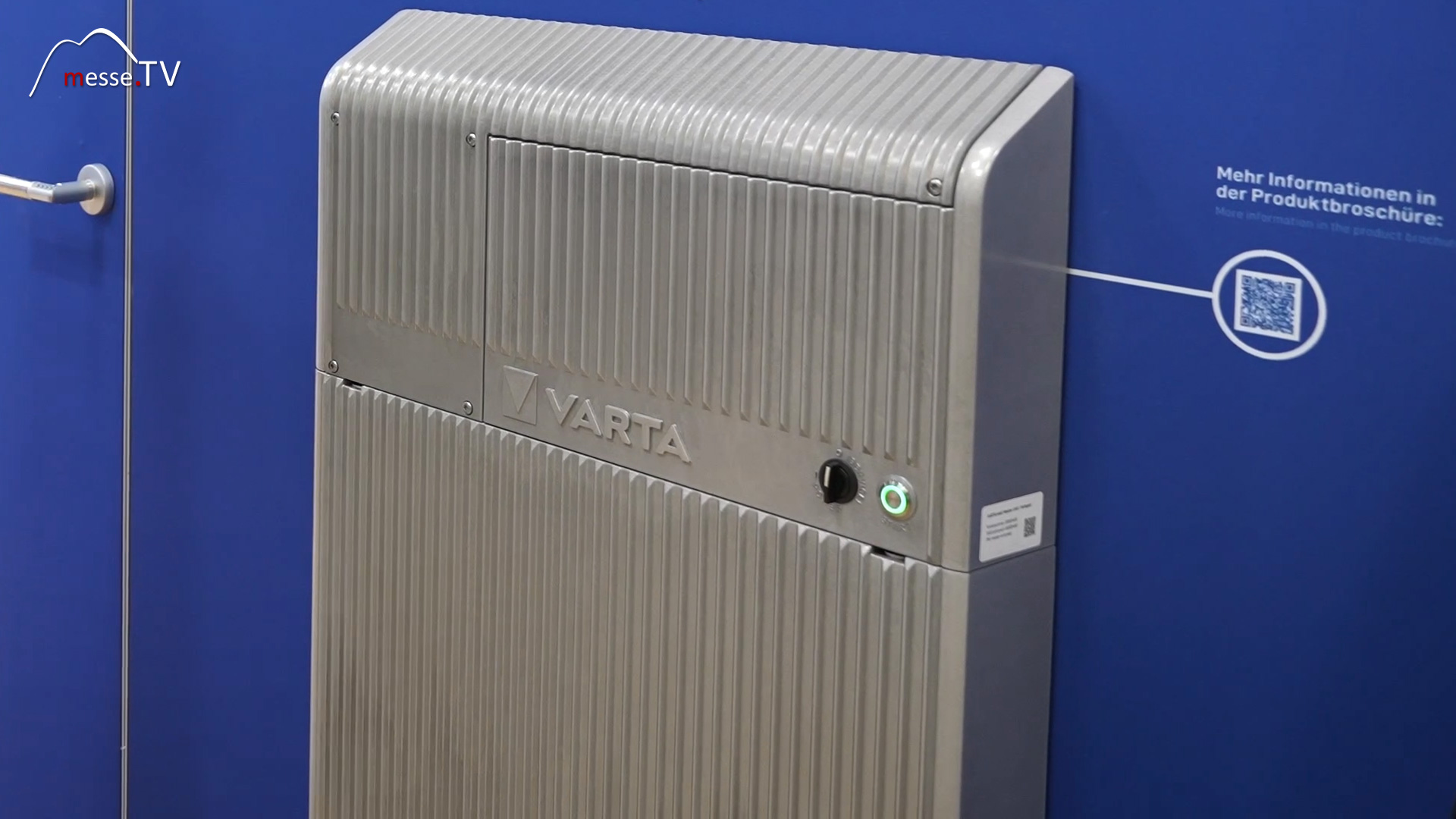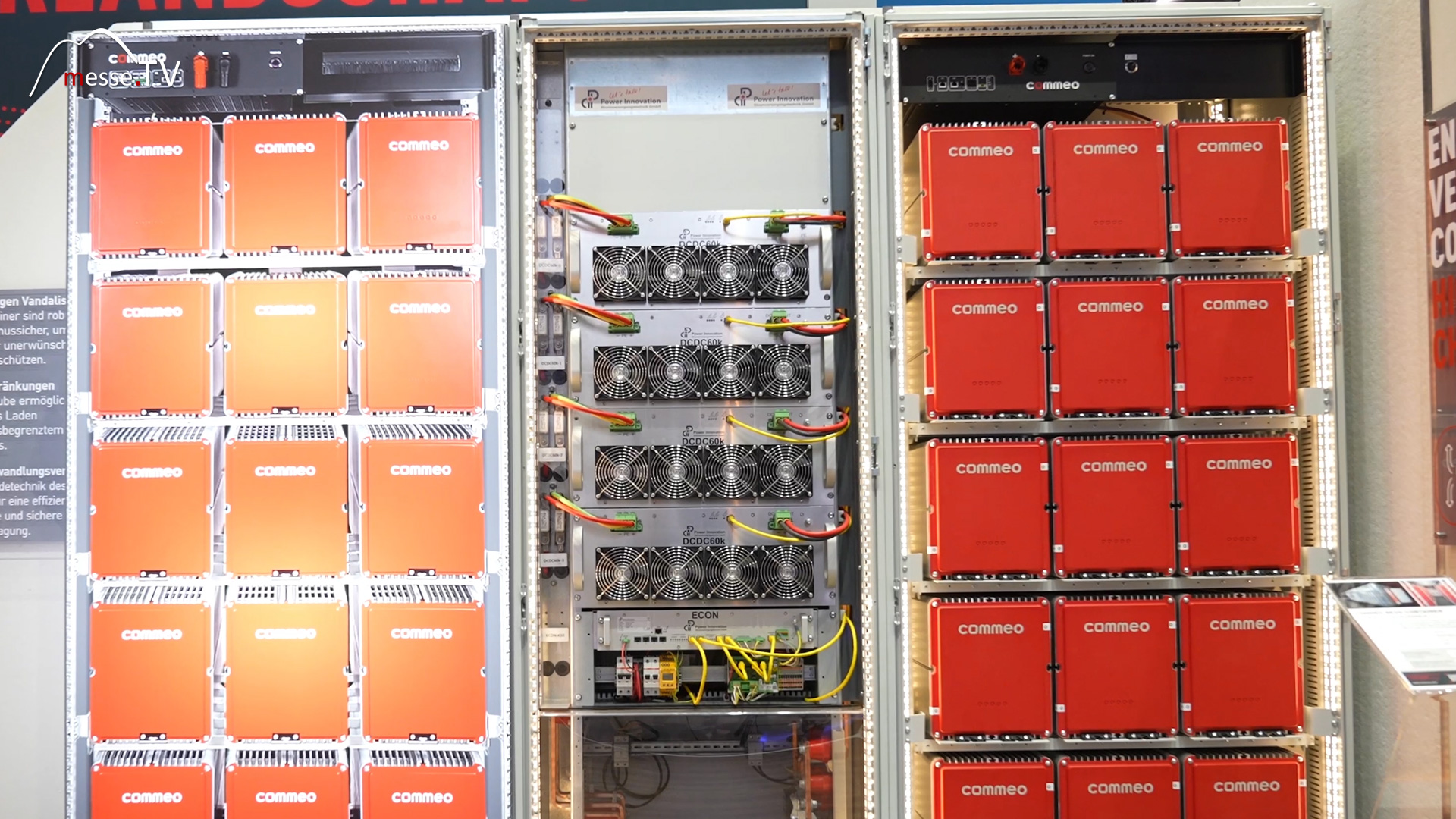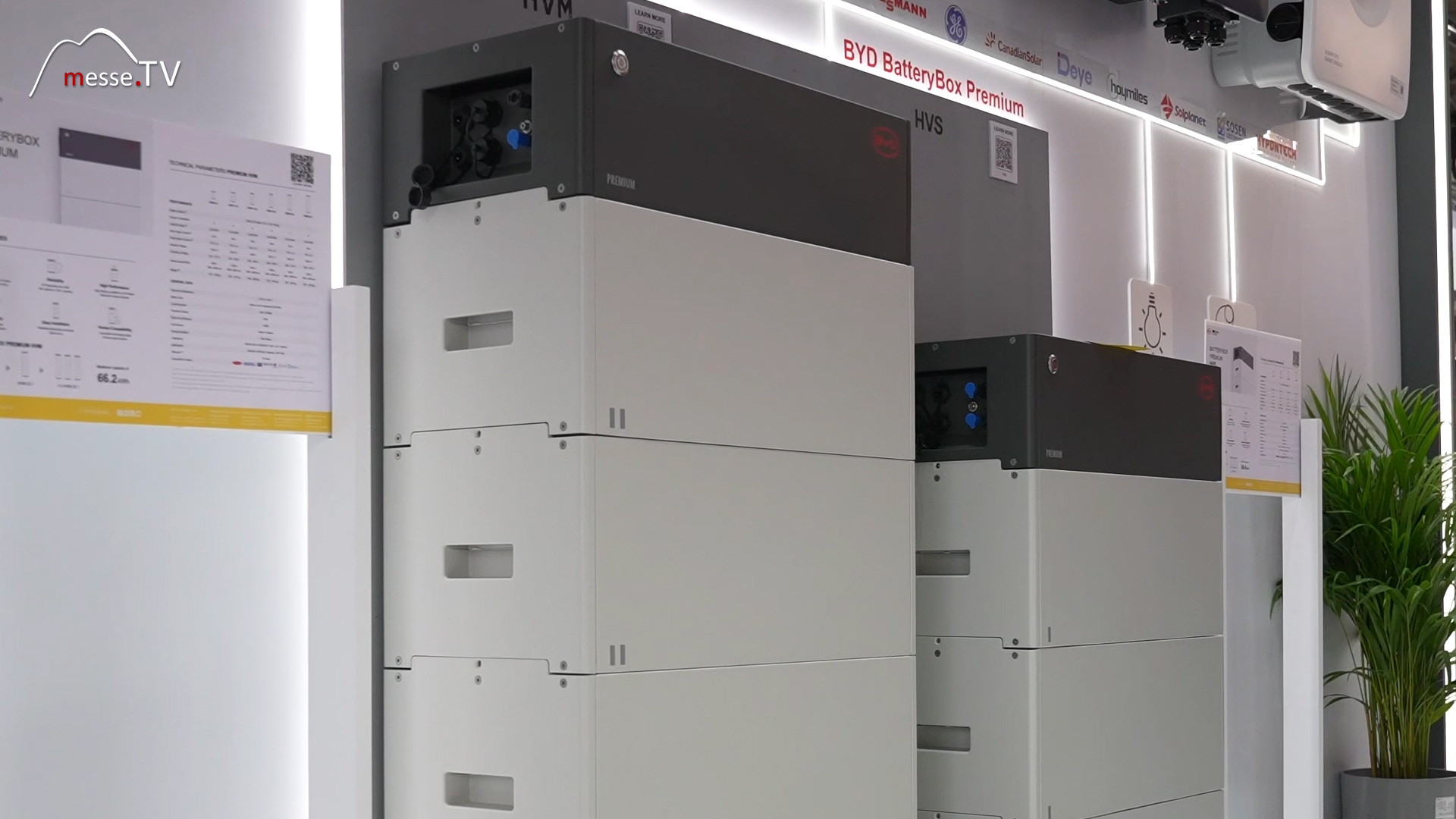The market for solar systems is currently experiencing dynamic growth, driven by technological innovations and falling production costs. The demand for renewable energies is increasing worldwide, which is leading to increased investment in photovoltaic technologies and storage systems. In addition, government incentives and increased climate protection measures are promoting the spread of solar systems in private households and industrial applications. We inform you about innovations and trends in the solar industry!
LumenHaus energy system for photovoltaics, storage, and heat pumps
Many private households are seeking greater energy independence. Today, photovoltaics, battery storage, heat pumps, and charging infrastructure can be networked in such a way that security of supply and cost control are noticeably increased. LumenHaus combines these ar... PV storage solution with Smart Eco ModeHARK wood-burning stoves and tiled stoves: Wide range and technical diversity
HARK is one of Germany's leading manufacturers of wood-burning stoves and tiled stoves. The family-run company, which was founded in Duisburg in the 1970s, presents its fireplaces through numerous branches and regular trade fair appearances. The range includes wood-burn... HARK hybrid stovesSageder: Handcrafted windows combining heritage preservation and modern architecture
Sageder creates window and door solutions that take traditional designs just as seriously as modern architectural concepts. Production is completely customized – from historic box-type windows to large-format sliding doors with narrow profiles and all-glass corners. The... Sageder Window ConstructionHaberl solid wood doors since 1850 – craftsmanship that lasts for generations
Haberl has been manufacturing solid wood doors since the 19th century using traditional methods that have stood the test of time for decades. Each door is made from individual parts, painted by hand or carefully brushed, and deliberately manufactured independently of sh... Solid wood doors made - traditional manufacturingSolarland Bayern – Photovoltaics and heat pumps for customized building solutions
For many years, Solarland Bayern has stood for technical precision, reliable advice, and solutions that meet the structural requirements of a house. The company, based in Garching near Munich, combines photovoltaics and heat pump technology to create holistic energy con... Solarland Bayern: Individual building solutionsPEC Professional Energy Consulting – ways to achieve independent energy supply
PEC stands for Professional Energy Consulting – professional energy consulting with a focus on practical solutions for private households. The company develops energy concepts that reduce electricity and heating costs while optimizing self-consumption. The key question ... PEC Professional Energy ConsultingVoltStorage Voltara: All-in-one storage solution for renewable energies
Voltara is a company that specializes in sustainable energy solutions for private households. The product portfolio includes solar panels, battery storage systems and EV charging stations that are networked using an intelligent operating system. With the aim of promotin... Voltara: All-in-one storage solutionGrünauer: Components of modern photovoltaic systems explained clearly
Grünauer GmbH is a family-run master craftsman's business from Lower Bavaria that has specialized in complete photovoltaic systems for over 20 years. With a team of over 50 employees, the company offers customized solutions for the use of solar energy. Grünauer supports... Grünauer: Demonstration of photovoltaic systemEKD Solar: Smart solutions for sustainable energy management
Energiekonzepte Deutschland (EKD) is a full-service provider offering customized photovoltaic solutions for private households. The range of services includes the planning, installation and maintenance of solar systems, electricity storage systems and wallboxes, which a... EKD Solar: Integrated energy management1.5-degree energy concept: sustainable building with renewable energy
1KOMMA5° is a company that operates in the Rosenheim region and specializes in providing renewable energy solutions. Its range of services includes the planning and installation of solar systems, electricity storage systems, heat pumps and wall boxes. In addition, 1KOMM... 1KOMMA5° Smart energy concept3S Swiss Solar Solutions AG: Roof-integrated photovoltaics at BAU 2025
3S Swiss Solar Solutions AG is a Swiss company that has been developing and producing solar modules for over 20 years. The company offers comprehensive solar solutions for roofs, façades and balcony railings that can be seamlessly integrated into the building envelope. ... 3S: Roof-integrated photovoltaic systemsPREFA solar system: Efficiency and design at the Green Week 2025
PREFA is a European manufacturer of roof, solar and façade systems made of aluminum. The company offers durable and low-maintenance solutions for roofs and façades. The products are characterized by their durability and the low weight of the material. PREFA also attache... PREFA solar systemCanadian Solar: Your complete supplier for high-quality solar modules
Canadian Solar is a leading global provider of solar solutions and energy storage systems. With over 125 GW of solar modules and 4.5 GWh of battery storage systems delivered worldwide, the company is committed to innovation and sustainability. Canadian Solar offers a wi... Solar module manufacturer and full-range supplierAll in One Hybrid-Wechselrichter Batteriespeicher-Lösung - SolaX Power
SolaX Power entwickelt fortschrittliche Solartechnologie, darunter Wechselrichter, Energiespeichersysteme und EV-Ladegeräte. Ihre Produkte zeichnen sich durch hohe Effizienz, Zuverlässigkeit und innovative Funktionen aus, die eine nachhaltige Energieversorgung ermöglich... Solar Hybrid-Systeme - SolaX PowerHome storage solution: solar modules, inverters and energy storage - Trina Solar
Trina Solar, founded in 1997, is a leading global provider of intelligent solar solutions. The company has shipped over 150 gigawatts of solar modules worldwide and provides comprehensive photovoltaic project development, system design and management services. Trina Sol... Solar modules, inverters, energy storage - Trina SolarSolar cells, also known as photovoltaic cells, are the building blocks of solar modules that convert sunlight into electrical energy. The process that enables this conversion is based on the so-called photovoltaic effect. In this article, we will explain the basics of how solar cells work, their components and the physical principles behind them.
A typical solar cell consists of the following main components: Semiconductor material: In most cases, the solar cell is made of silicon, a semiconductor capable of absorbing sunlight and converting it into electricity. There are two types of silicon solar cells: monocrystalline and polycrystalline. Monocrystalline cells have a higher efficiency, while polycrystalline cells are more cost-effective. p-n junction: This is the boundary layer between two differently doped semiconductor layers, the p-layer (positive) and the n-layer (negative). The p-layer is doped with boron, which gives it a positive charge, while the n-layer is doped with phosphorus, which gives it a negative charge. Front contact and rear contact: These metal contacts conduct the generated current. The front contact consists of thin metallic lines that allow the light to pass through, while the back contact covers the entire back of the cell. Anti-reflective coating: This coating minimizes the reflection of sunlight and ensures that more light can penetrate the cell.
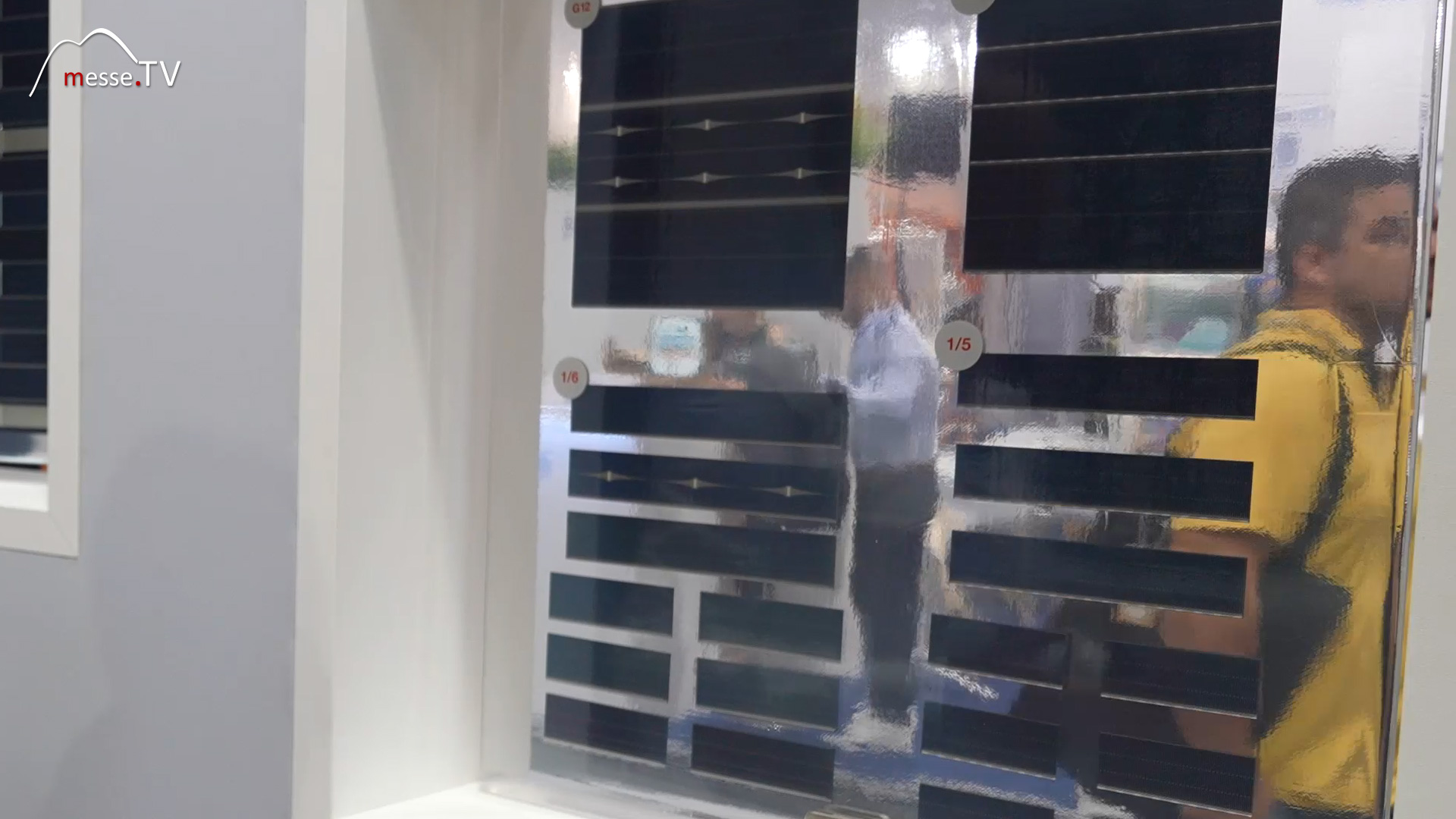
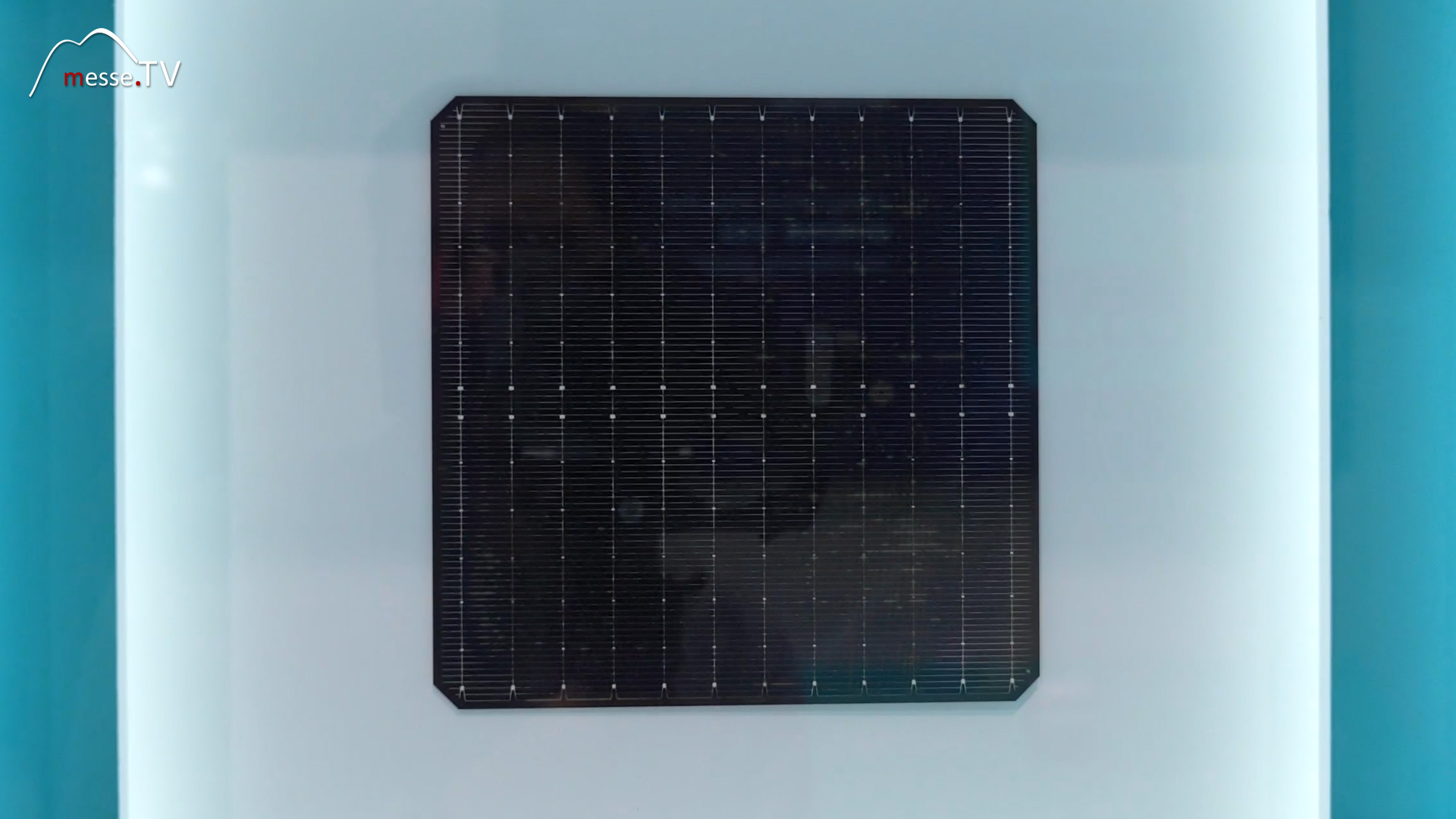
The operation of a solar cell is based on the photovoltaic effect, which comprises the following steps: Light absorption: When sunlight hits the solar cell, the semiconductor material absorbs the photons (light particles). These photons transfer their energy to the electrons in the semiconductor material. Electron-hole pairs: The energy of the photons knocks electrons out of their atomic bonds, creating free electrons and so-called "holes". A hole is the place where an electron was previously and represents a positive charge. Separation of the charge carriers: The p-n junction creates an electric field that drives the electrons to the n-side and the holes to the p-side of the solar cell. This separation prevents the electrons and holes from recombining immediately. Current flow: When the solar cell is connected to an external circuit, the electrons flow through the external circuit from the n-side to the p-side to fill the holes created. This electron flow generates a direct current (DC) that can be used to power electrical devices or stored in batteries.
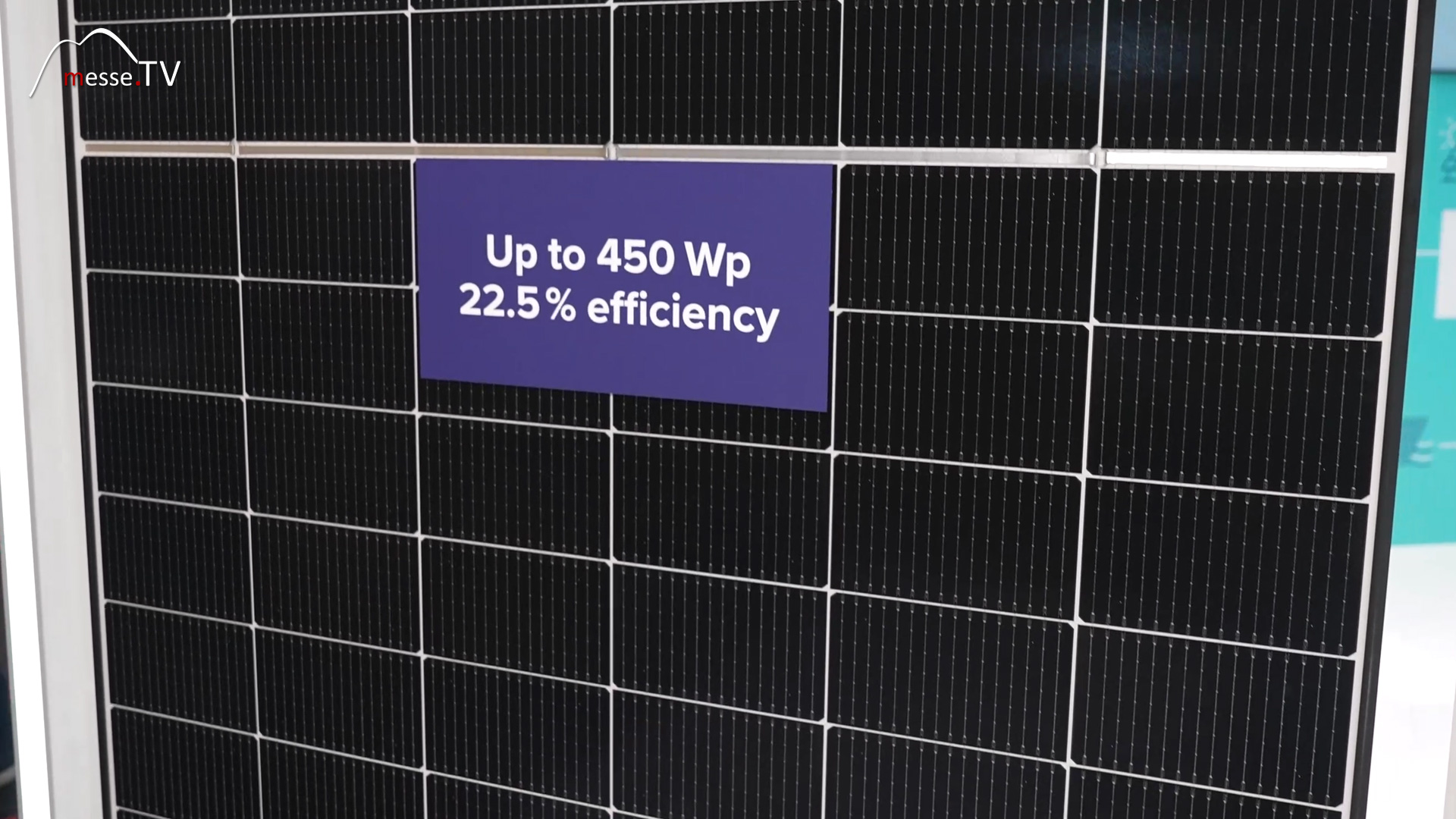
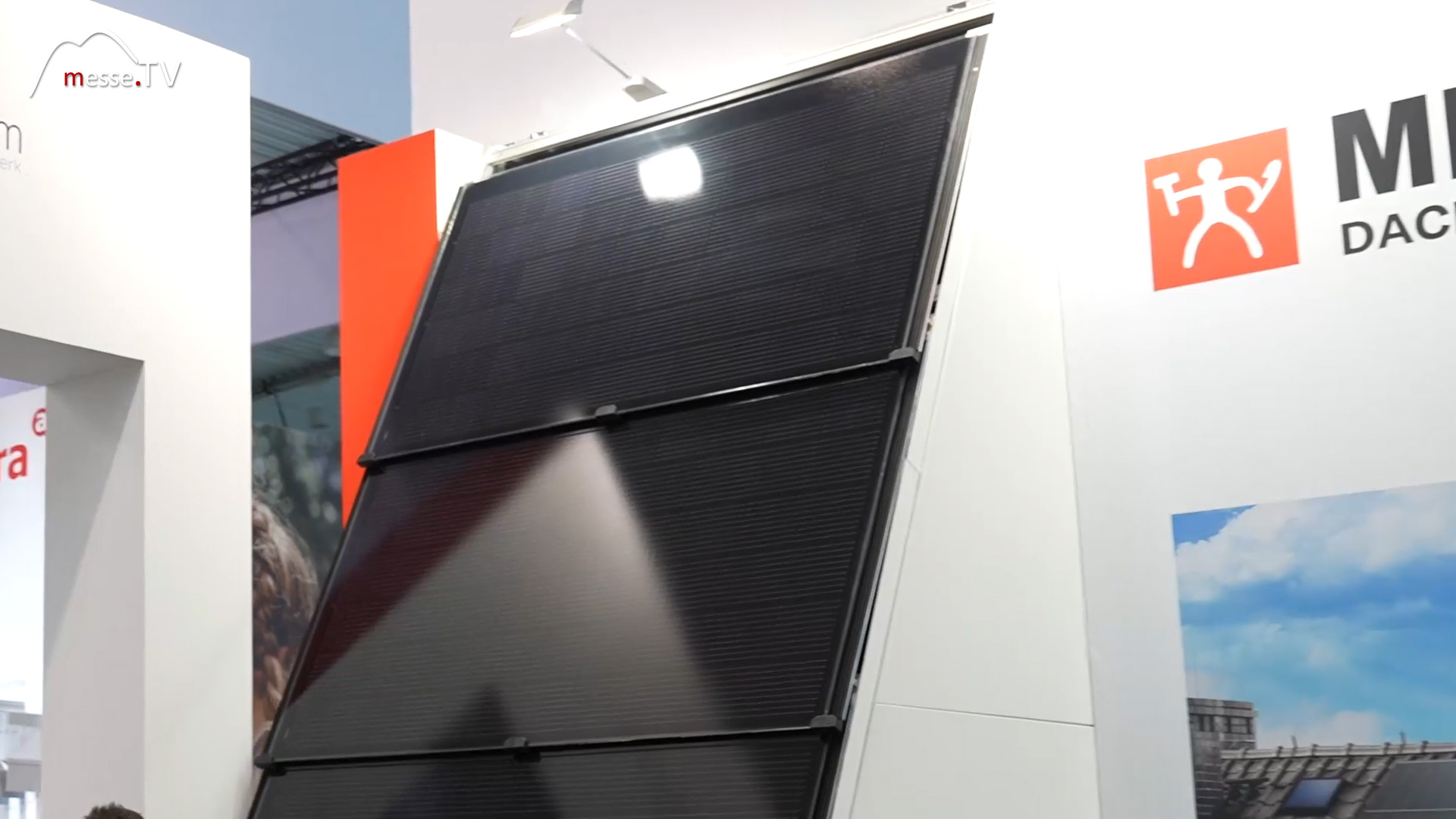
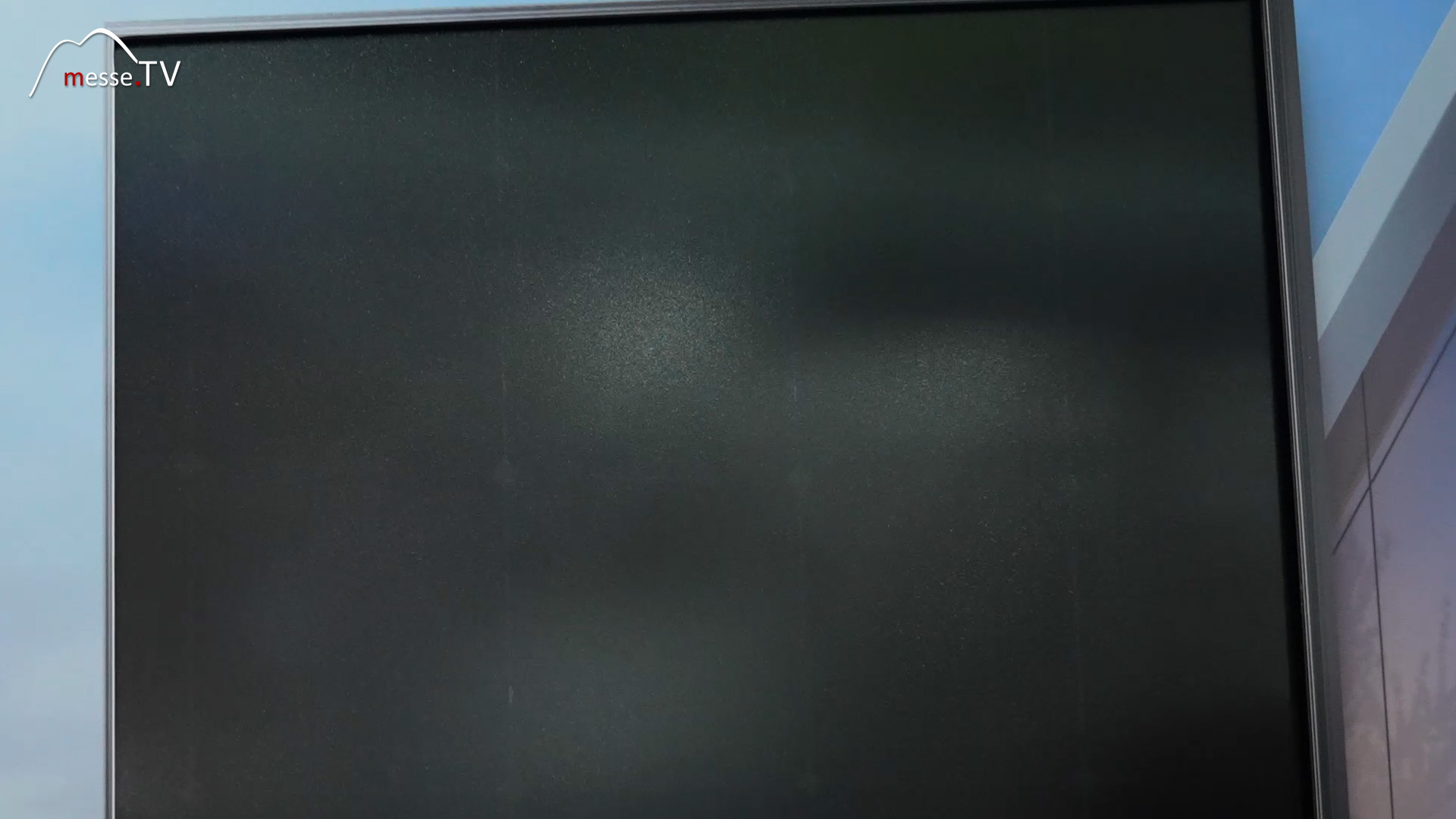
The efficiency of a solar cell depends on various factors, including the material quality, the manufacturing technology and the conditions under which the cell is operated. Modern commercial solar cells achieve efficiencies of 15-22%, with research and development aimed at further increasing this efficiency.
Solar cells have a wide range of applications, from small devices such as calculators and watches to large solar power plants that supply entire cities with electricity. The most important advantages of solar energy include Renewable energy source: Solar energy is virtually inexhaustible and available everywhere. Environmentally friendly: solar energy produces no harmful emissions and helps to reduce CO2 emissions. Economical: Once installed, operating costs are low and solar energy can bring significant cost savings in the long term. Solar cells are a fascinating technology that makes it possible to convert the sun's energy into usable electricity. Ongoing research and development is continually improving the efficiency and affordability of solar cells, making them an increasingly attractive option for sustainable energy generation. By relying on solar energy, we can make an important contribution to protecting the environment and at the same time reduce our dependence on fossil fuels.
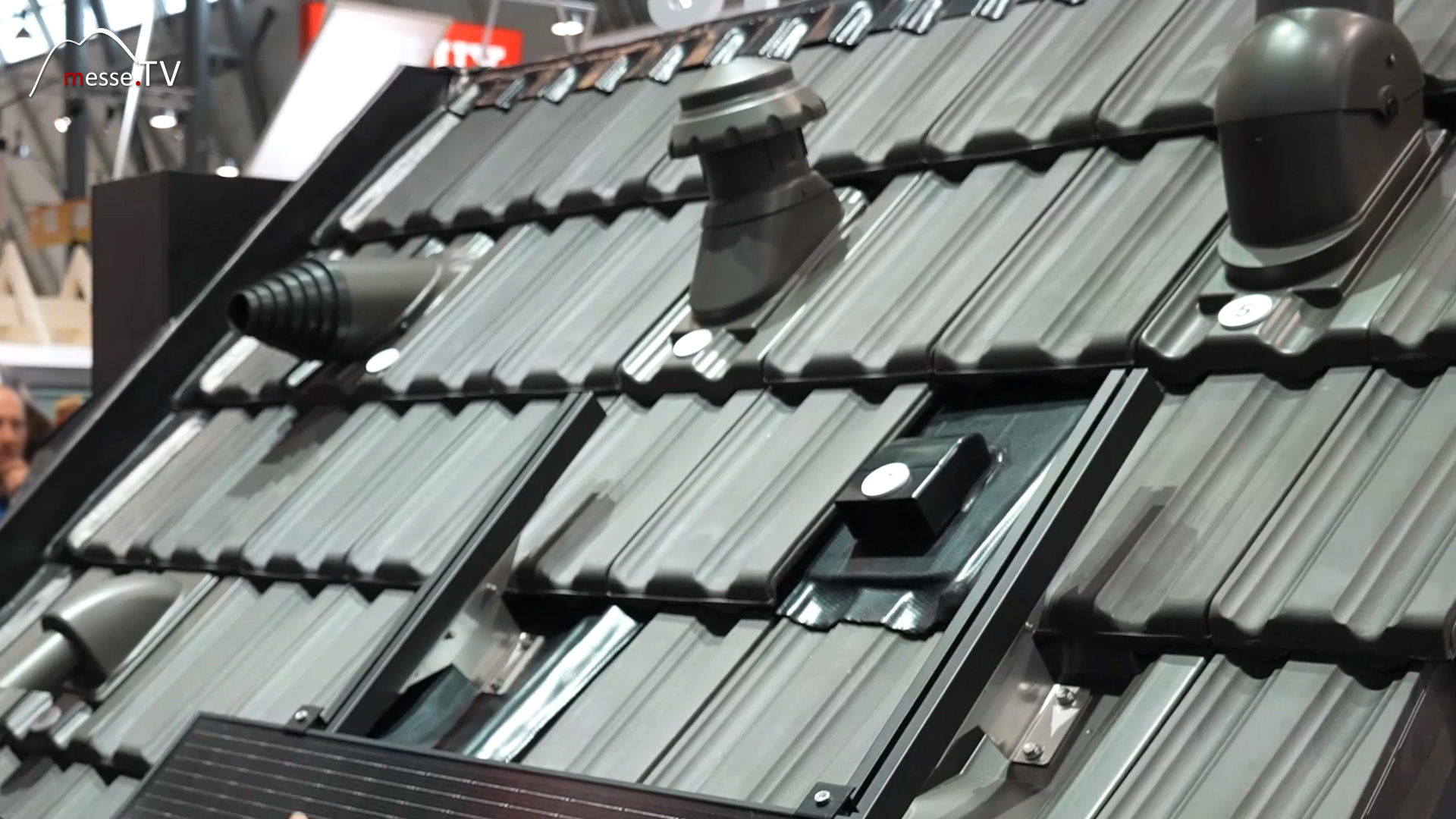
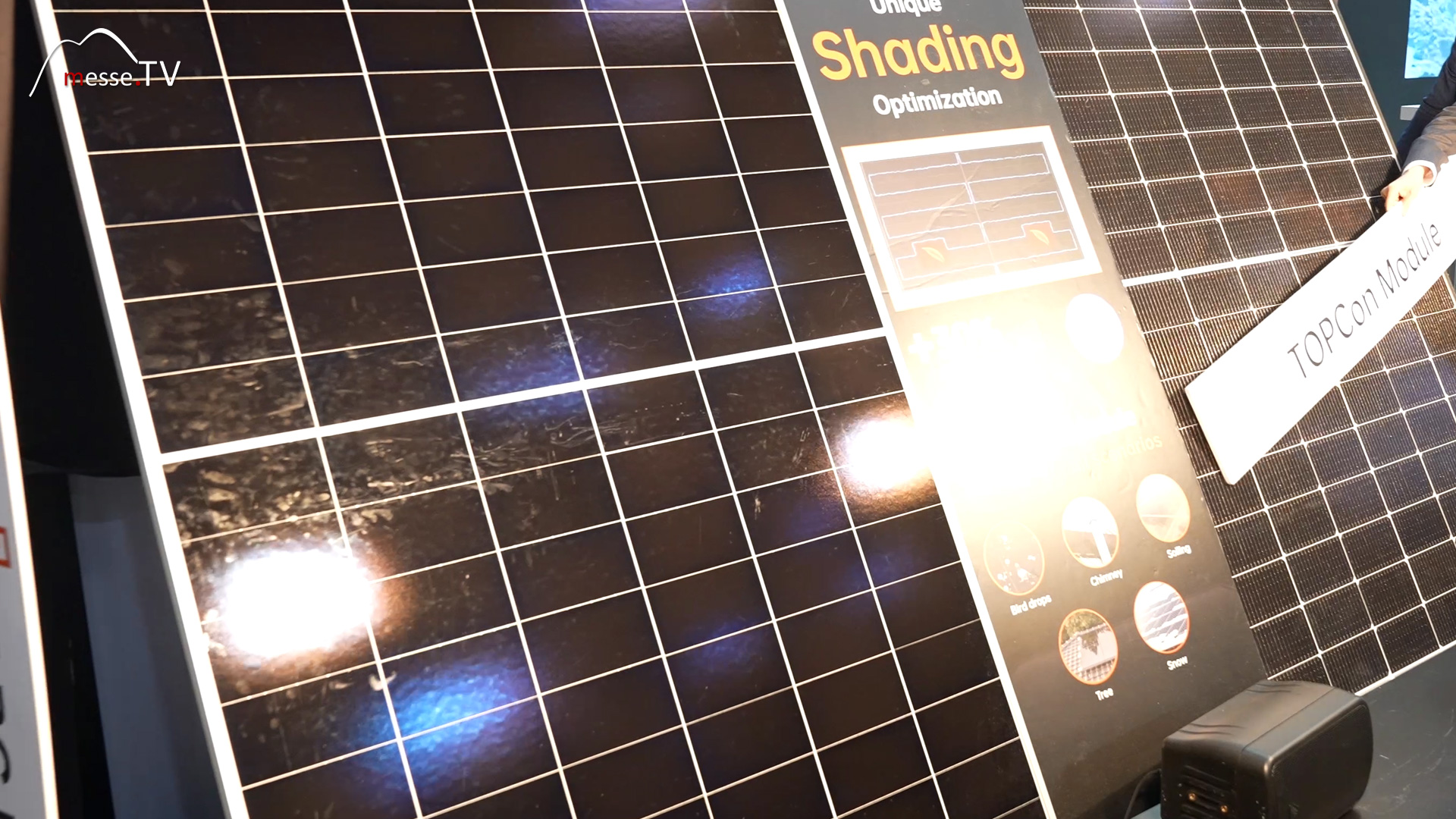
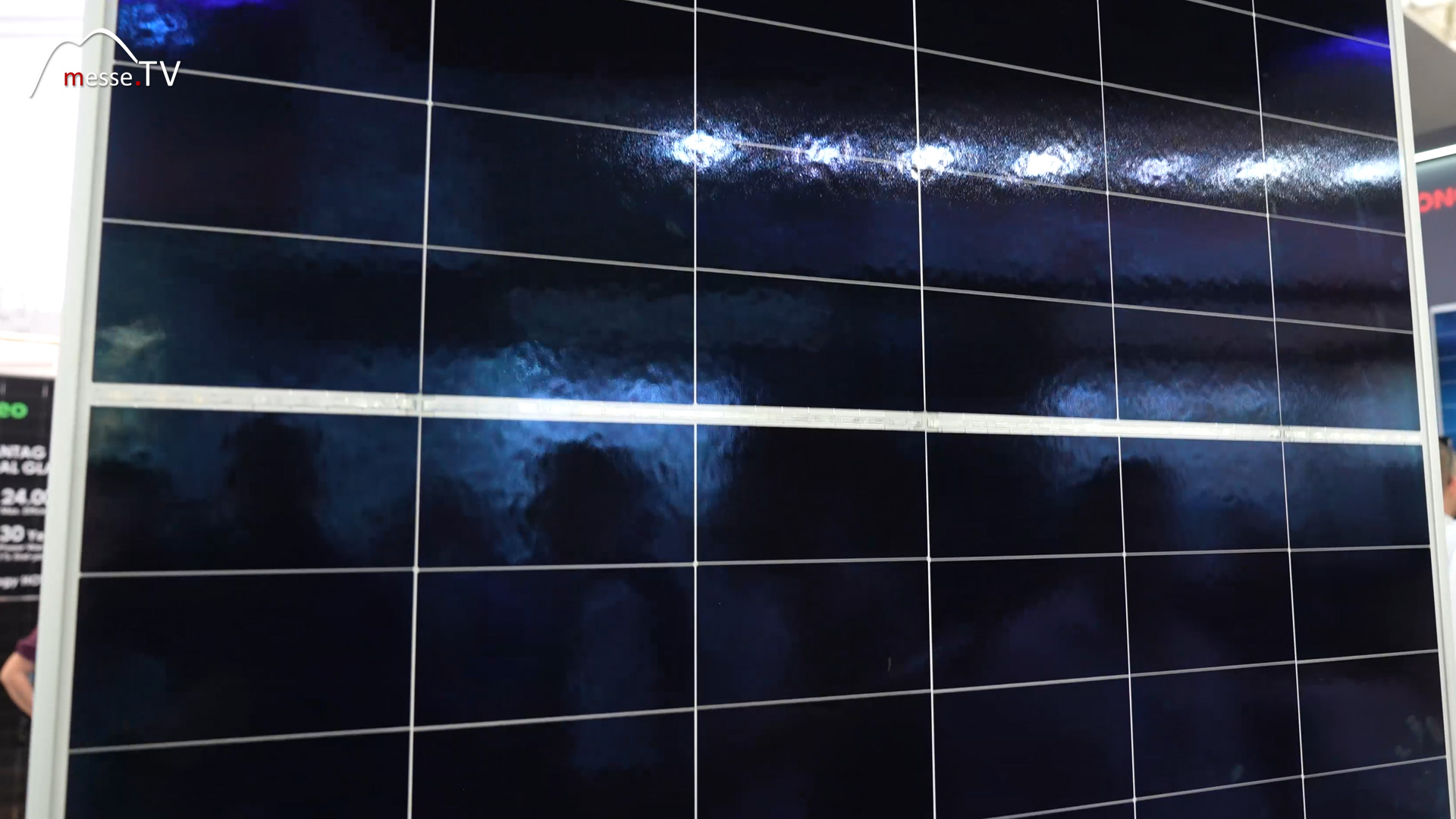
The service life of a solar system, especially solar modules, is usually between 25 and 30 years. This figure is based on the warranties and performance guarantees that most manufacturers offer for their products. Here are some important points that influence the lifespan and performance of a solar system: Quality of solar panels: High-quality solar panels from reputable manufacturers tend to be more durable and offer better performance over time. Installation: Professional installation is crucial for the service life of the system. Errors during installation can lead to damage that shortens the life of the modules. Maintenance and care: Regular maintenance and cleaning of the solar modules can extend their efficiency and service life. Contamination such as dust, leaves or bird droppings can impair performance. Environmental conditions: Extreme weather conditions, such as hail, strong winds, snow or salty air in coastal areas, can stress the modules and other components of the system. Ageing and degradation of performance: Over time, the performance and efficiency of solar modules decrease due to degradation. Most manufacturers guarantee an output of at least 80-85% of the original rated output after 25 years.
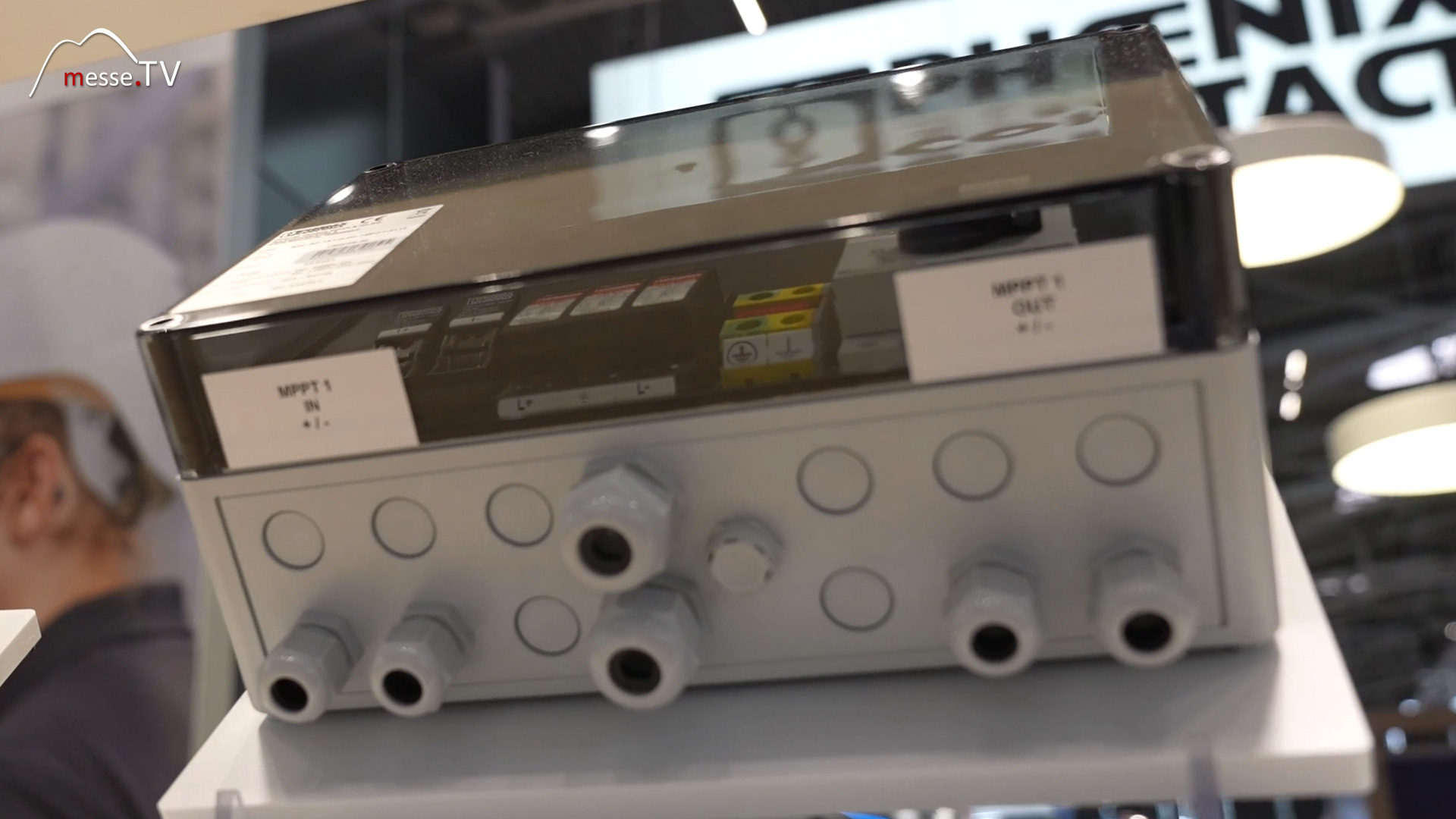
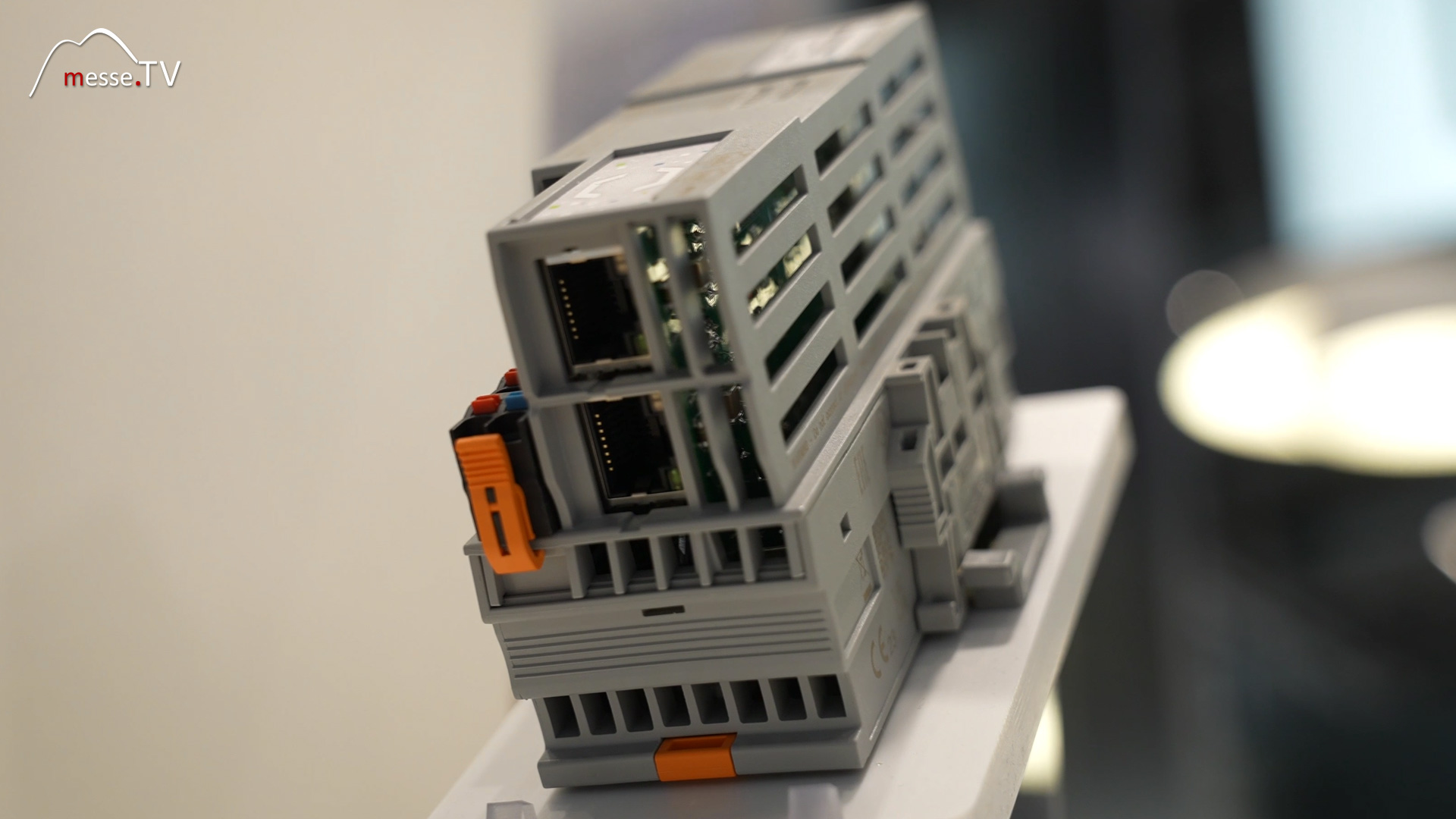
Solar modules: As already mentioned, solar modules have a service life of around 25-30 years. Inverter: The inverter, which converts the direct current (DC) generated by the solar modules into alternating current (AC), has a shorter service life than the modules. Most inverters need to be replaced after 10-15 years. Battery storage: If a solar system is equipped with battery storage, the service life of the batteries varies greatly depending on the type of battery (e.g. lead-acid, lithium-ion). Lithium-ion batteries generally have a service life of 10-15 years. Mounting systems and cabling: These components can also last over 25 years, provided they are made of corrosion-resistant materials and have been properly installed. A well-maintained and high-quality solar system can therefore function for at least 25 to 30 years, with the solar modules often being the longest-lasting components. Regular maintenance and professional installation are crucial to maximize the life of the system and ensure optimal performance. After this time, the performance of the system may decline, but the modules will generally continue to generate electricity, albeit at a lower efficiency.
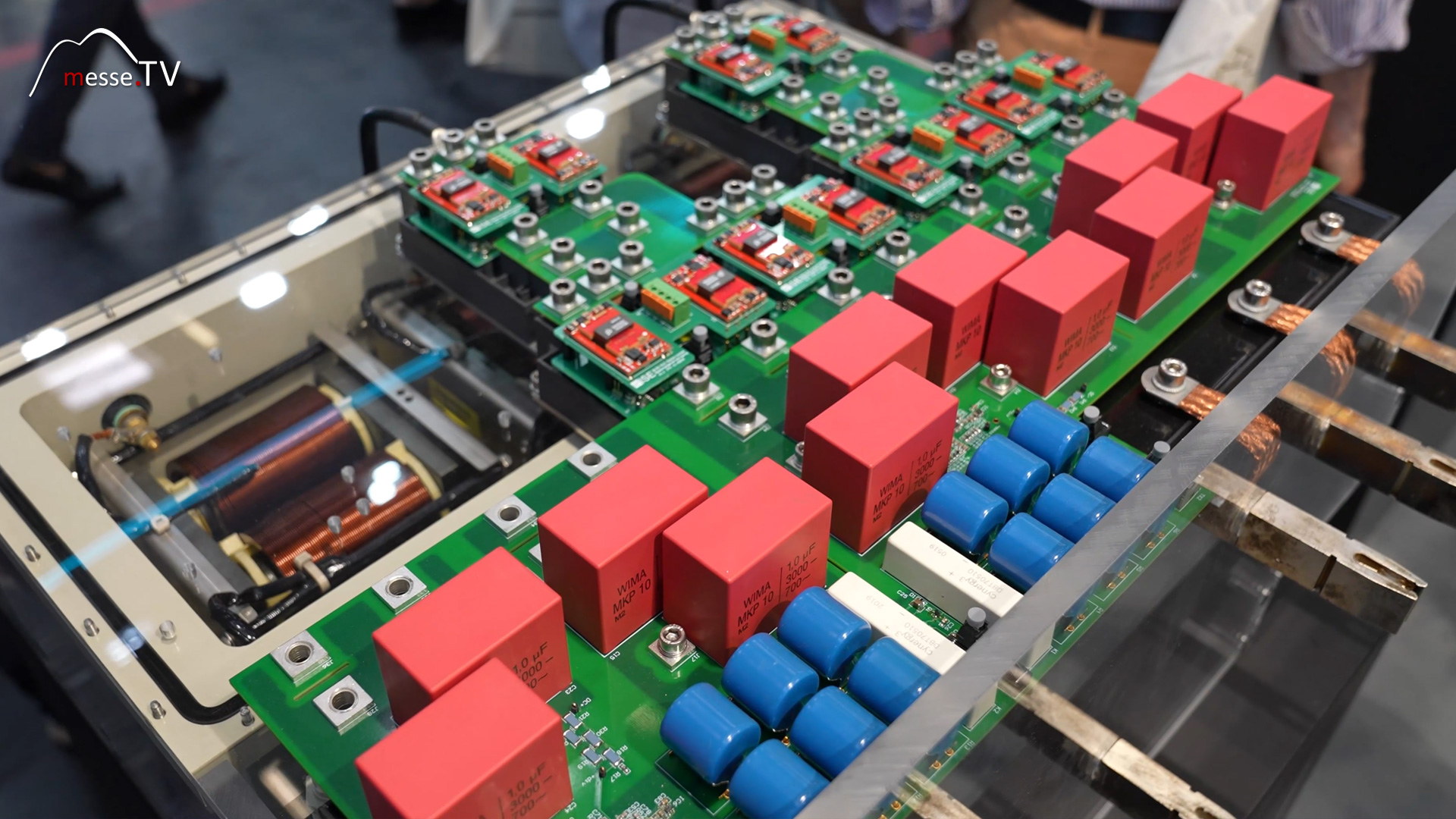
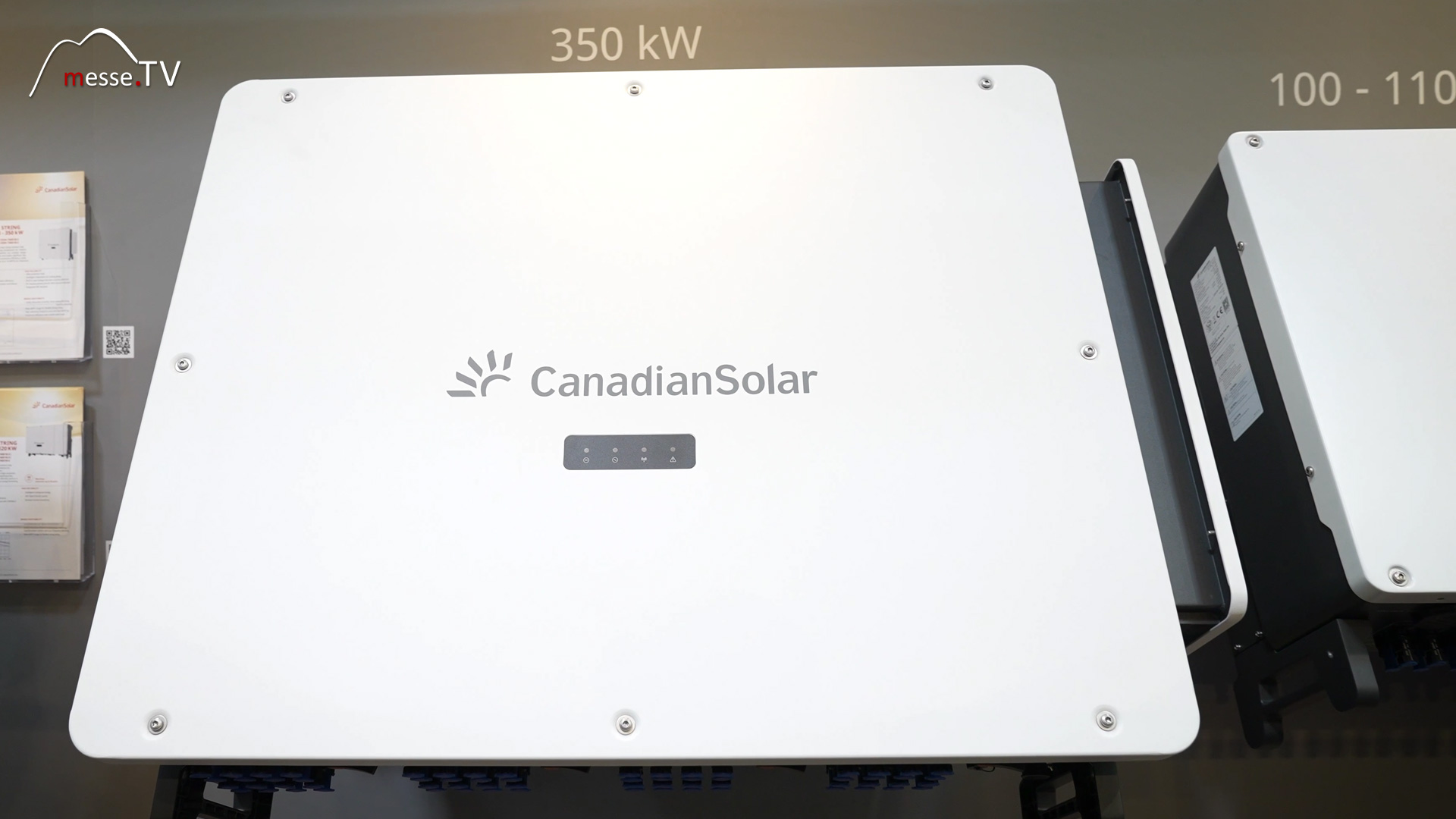
As solar installations become more widespread, homeowners and businesses are faced with the challenge of using and storing surplus solar energy efficiently. Energy storage systems offer the perfect solution to maximize self-consumption and minimize dependence on external energy suppliers. Energy storage systems make it possible to store surplus solar energy during sunny hours and retrieve it when needed - for example in the evening or on cloudy days. This not only leads to a more stable and sustainable energy supply, but also to considerable cost savings. In addition, energy storage systems contribute to grid stability and support the transition to a more environmentally friendly energy future.
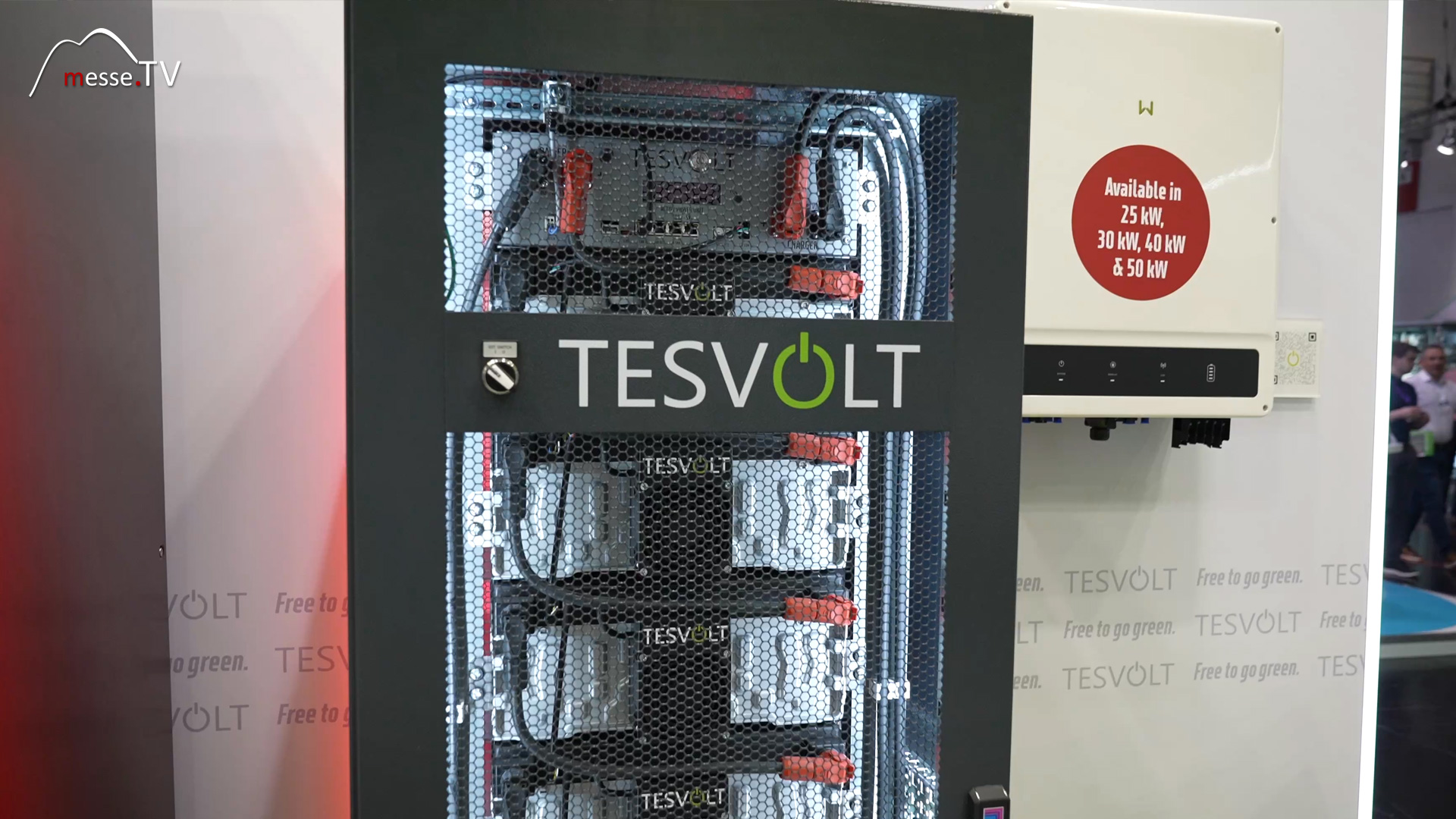
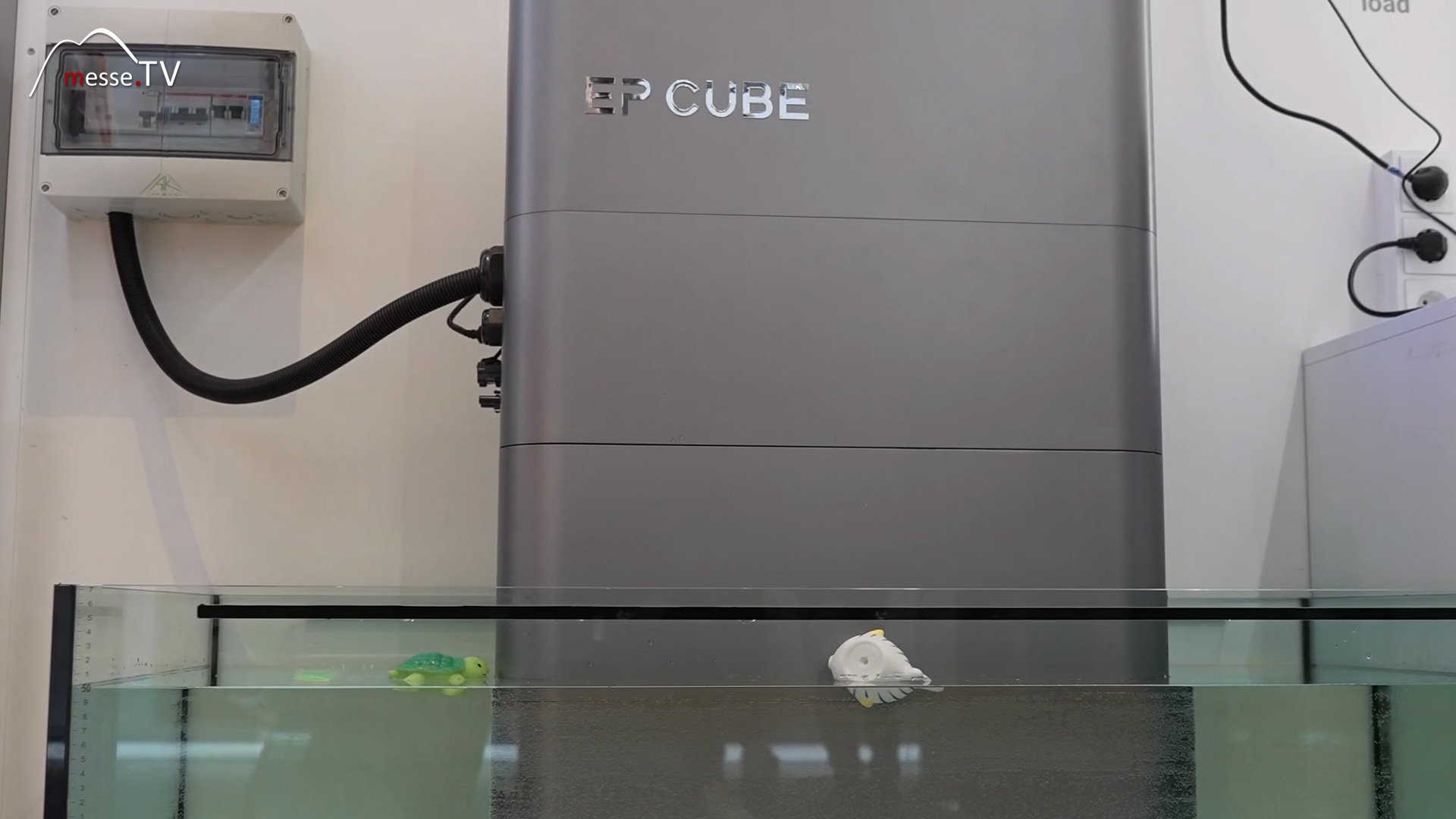
For homeowners, integrating an energy storage system into their solar installation means greater independence and optimized use of the solar energy generated. Companies benefit from a reliable and cost-efficient energy supply that reduces operating costs and improves their environmental footprint. Invest in the future of your energy supply and discover the benefits of energy storage systems for your solar installation. Benefit from innovative technologies and take an important step towards sustainability and energy independence.
